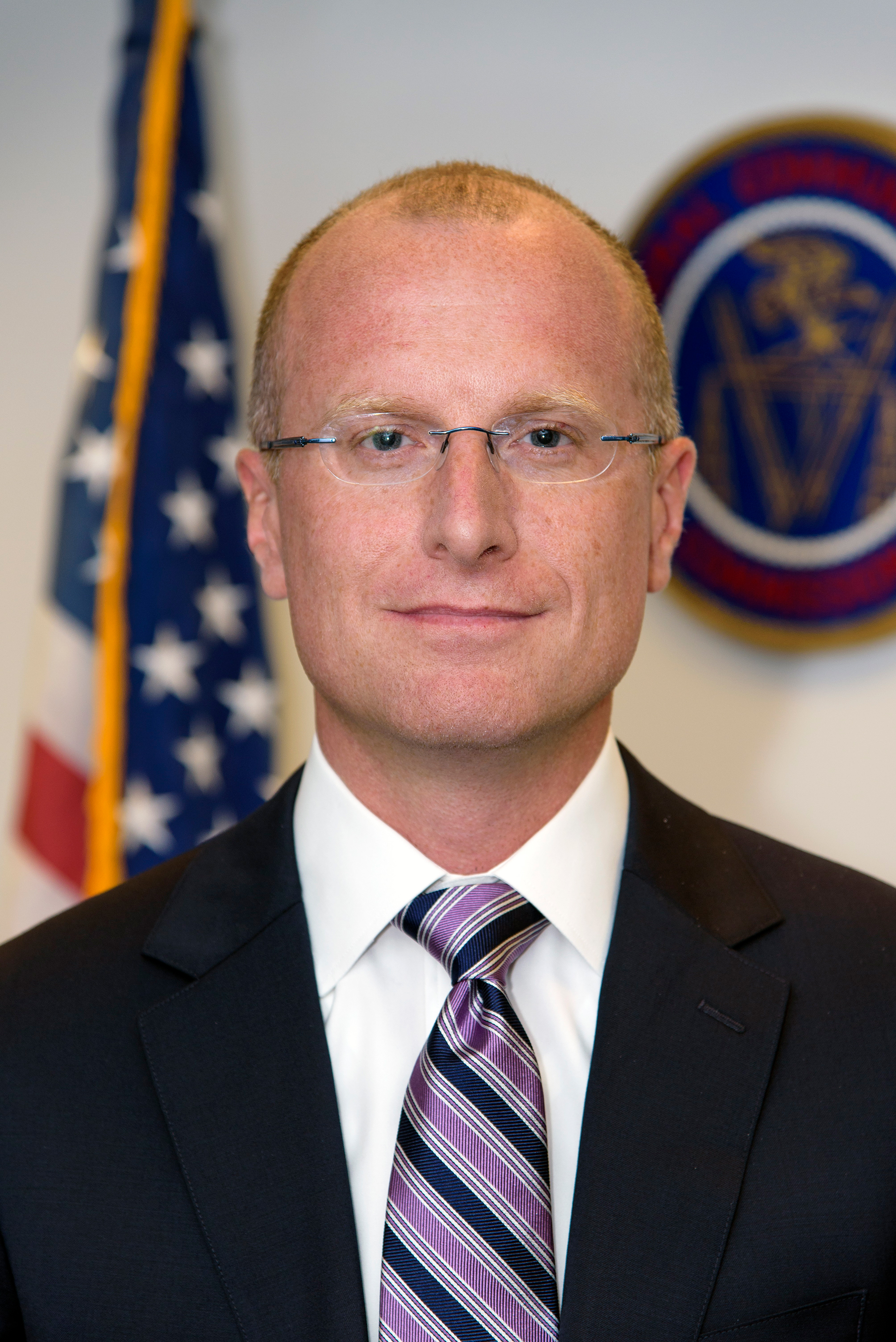FCC's Carr: Make Big Tech Pay for USF Subsidies
Cites new report that argues that is the most efficient funding mechanism
The smarter way to stay on top of the multichannel video marketplace. Sign up below.
You are now subscribed
Your newsletter sign-up was successful

FCC Commissioner Brendan Carr said that the best way to fund the FCC's Universal Service Fund advanced communications subsidies is to make Big Tech pay the freight.
Citing a new study from economist Hal Singer and Ted Tatos, Carr said that the current method of assessing dwindling traditional telecom services is unsustainable, and that shifting to assessing wireless broadband would continue to hit consumers in the pocketbook--the USF fees are passed on by telecoms onto their customers' bills.
Instead, he said, the FCC should make Big Tech companies like Google and Facebook pay the USF fees, which would be tough for them to pass on to consumers and which would, Carr said citing the study, "significantly reduce consumers’ costs, properly align incentives, and unlike assessing wireline broadband revenues, would not raise consumers’ monthly bill for internet services."
Carr pushed for the Big Tech USF payments in a May op ed, and used the study to renew his call for that new regime.
“For too long, Big Tech has been enjoying a free ride on our internet infrastructure. The current funding mechanism for the Universal Service Fund—a regressive charge placed on consumers’ monthly bills for traditional telephone service—is unfair and unsustainable," he said in response to the report. "Rather than artificially raising the cost of internet service for Americans, assessing Big Tech would sharply reduce consumers’ monthly costs."
It has been something of a case of dueling USF reports. Earlier this week, computer comnpany-backed groups were citing a a report that argued the FCC should instead require broadband service providers to pay into the fund, something Carr and the Singer/Tatos report said would not lift the fee burden from consumers.
USF currently taps telecom providers to subsidize advanced telecommunications service, including broadband service, to low-income areas and high-cost areas where there is less of a business case to reach, as well as to eligible schools and libraries.
The smarter way to stay on top of the multichannel video marketplace. Sign up below.
Also Read: Who Should Pay for Broadband Connectivity
Those telecom providers—currently landline and mobile providers and cable and other VoIP providers—in turn, pass along the USF contribution as a line item on customers' bills.
Making streamers and other edge providers pay into the USF fund has been contemplated in a Republican-backed bill, the Funding Affordable Internet with Reliable [FAIR] Contributions Act. The legislation asks the FCC to consider if it should add to the contribution base "a search engine, a social media platform, a streaming service, an app store, a cloud computing service, or an e-commerce platform."
Contributing editor John Eggerton has been an editor and/or writer on media regulation, legislation and policy for over four decades, including covering the FCC, FTC, Congress, the major media trade associations, and the federal courts. In addition to Multichannel News and Broadcasting + Cable, his work has appeared in Radio World, TV Technology, TV Fax, This Week in Consumer Electronics, Variety and the Encyclopedia Britannica.

